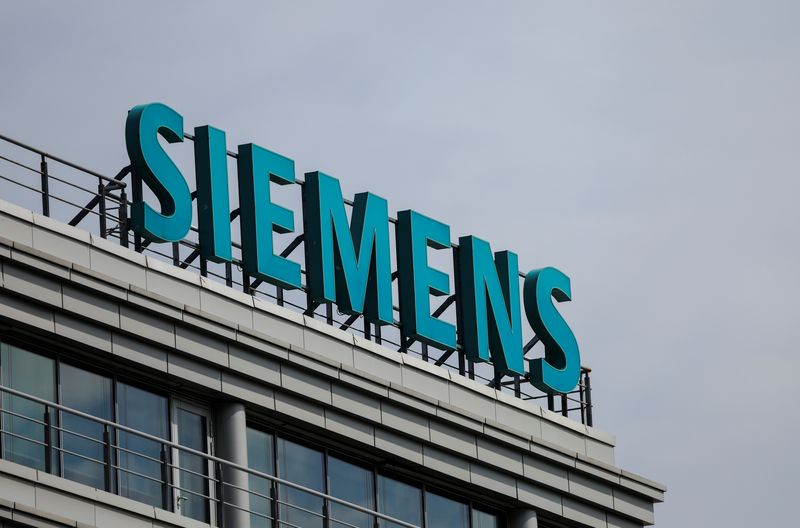Siemens Energy, the prominent energy corporation resulting from its spin-off from German industrial giant Siemens in 2020, has reported a substantial net loss of €2.9 billion ($3.2 billion) for the third fiscal quarter.
This staggering loss marks the company’s largest since its inception. The underwhelming financial results have been attributed primarily to setbacks encountered by its struggling wind turbine subsidiary, Siemens Gamesa, along with associated adverse tax implications.
Despite the disappointing outcome, Siemens Energy managed to achieve an 8% growth in group revenue, reaching a notable €7.5 billion. However, these gains were overshadowed by the mounting challenges faced by the company. Siemens Energy now anticipates an unprecedented record loss of €4.5 billion for the entirety of the current financial year, which concludes at the end of September.
The turbulence surrounding Siemens Energy was further underscored by recent developments within its subsidiary, Siemens Gamesa. In June, Gamesa, often regarded as the “problem child” of Siemens Energy, disclosed an alarming surge in failure rates among wind turbine components, including critical rotor blades and bearings. This unfortunate revelation was a major blow to the subsidiary’s prospects.
Further details emerged in the latest earnings report, shedding light on the extent of the predicament. Siemens Energy is projecting costs totaling €1.6 billion to address the necessary repairs and replacements required to rectify flaws identified in its onshore turbine operations.
In response to these ongoing challenges, Siemens Energy’s Chief Executive Officer, Christian Bruch, acknowledged the difficulties faced by the company in revitalizing Siemens Gamesa.
Brush expressed confidence in the company’s broader operational successes.
Key highlights from the Q3 FY 2023 report include:
• Siemens Energy faced challenges within its wind business subsidiary, Siemens Gamesa, attributed to quality disparities and offshore expansion complexities.
• Despite these challenges, the company secured a 54.2% surge in orders, totaling €14.9 billion, and achieved an 8.0% revenue growth to reach €7.5 billion.
• The Profit before Special items figure turned negative at €2,048 million, mainly due to Siemens Gamesa-related charges. Other segments displayed strong operational progress.
• Notable declines were observed in Special items, leading to a consolidated net loss of €2,089 million.
• The Free Cash Flow pre tax shifted from negative €25 million to a positive €27 million.In response to the Siemens Gamesa predicament, management unveiled a comprehensive suite of adjustments aimed at revitalizing the company’s position:
• Projected comparable revenue growth: 9% to 11%
• Envisioned profit margin before Special items: negative 10% to negative 8%
• Anticipated net loss: approximately €4.5 billion
• Expected Free Cash Flow pre tax: negative low triple-digit million € range.Siemens Energy, which gained independence from Siemens three years ago and subsequently went public, has faced persistent hurdles since its establishment. The recurrent issues with Siemens Gamesa have led to repeated downward revisions of profit projections, resulting in significant financial losses.
To regain a stronger footing, Siemens Energy took decisive action last year by assuming complete control of its wind power subsidiary. Analysts closely watching the situation believe that Christian Bruch’s future within the company may hinge on the resolution of wind turbine challenges and the speed at which they are addressed.
As Siemens Energy navigates this complex landscape, industry observers await further developments, with the company’s leadership and strategies poised to play a pivotal role in shaping its path forward.
A global media for the latest news, entertainment, music fashion, and more.




